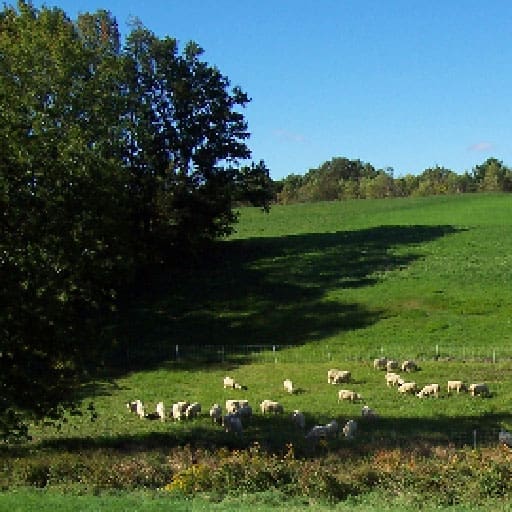Life Saves the Planet
The Bio4Climate Blog
“Life Saves the Planet” is more than just a blog—it’s our philosophy and a partnership with GBH public television’s Lowell Lecture Series. In the search for answers to climate change, we look to the interconnected living systems that sustain our planet. These biodiverse systems shape our atmosphere, regulate temperature, and maintain balance in weather patterns. Inspired by the words of Janine Benyus, who proclaimed that “life creates the conditions of life,” we gather cutting-edge research, ideas, and resources to guide the way.
Join our mailing list for updates and be part of the inspiring journey to protect and preserve our world.

Lessons from a Monarch Butterfly
What can we learn from the monarch butterfly? A few months ago, as the new year rolled in, I reflected on the way we humans use holidays and calendars to mark time’s passage, and how this might look to other creatures whose life span and sense of time is very different. For example, most monarch…

A Montage of Words and Images
“Ecological processes are not only more complex than we think. They are more complex than we can ever think.” – Michael Crowfoot, Soil Scientist “On one of my early projects…a scientist friend asked me, how did I know what I was doing, and where did I get the knowledge to understand the system with which…

Climate Is About Far More Than Carbon Dioxide

Imagine Earth Day in Ten Years
How do you experience your connection to the planet? For me, my sense of intimacy with other life comes from my senses – feeling the sun on my skin, smelling the magnolias blooming in the air, watching day by day and week by week as buds sprout, unfurl, and flower to invite bees and ants inside.…

Reflections on Activism
At Biodiversity for a Livable Climate, we believe that everyone has a place in the fight for a livable climate and flourishing future. We were called to this work from different places and for different reasons, but we’re united in our commitment to be stewards of nature, and to work with nature and each other…


